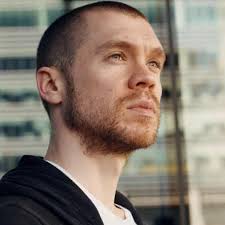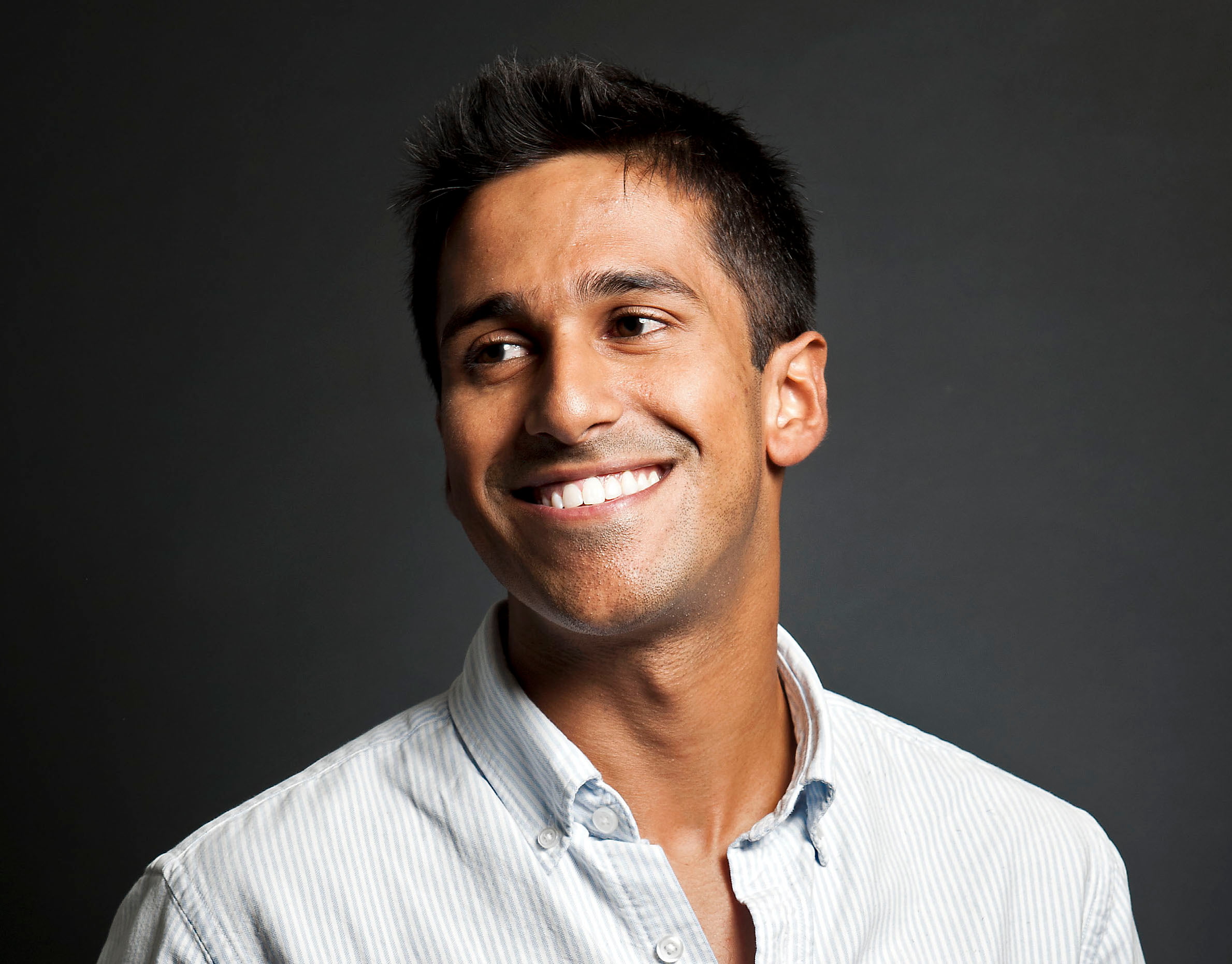I had never heard of Edmond Safra until I read Daniel Gross’s informative and inspiring biography, A Banker’s Journey. His banks never had to write off loans, and many of his early deals were on a handshake. He never needed a government bailout, nor did he ever head to DC complaining about regulations. Dan Gross gives us compelling reasons to revisit this banker’s remarkable life, whose business career started at fifteen in Milan.
Episode Highlights
- What were you doing when you were 15 years old?
- On to South America.
- Reasons why many business readers and bankers do not know the name or the life of Edmond Safra.
- The Safra Banking Way – not your typical bank balance sheet.
- The club-like customer environment.
- A bank made in his father’s image.
- Republic: humble beginnings but a mammoth ending.
- The American Express saga.
- The Jamie Dimon question.
- A senseless death.
In A Banker’s Journey, financial journalist and historian Daniel Gross reconstructs the public life of an intensely private man. Gross tracks the banker’s remarkable journey from Beirut to Milan, São Paulo, Geneva, and New York—to the pinnacle of global finance.
Selected Quotes from A Banker’s Journey
His life story is a dramatic one, with overtones of both Horatio Alger and Shakespeare.
Page 20
And so to him, the first and primary duty of banks was to protect assets. “The duty of a banker is to safeguard what customers have entrusted to him,”
… he believed—and acted as if—he, and not shareholders or governments, was responsible for the safety of the deposits.
Page 24
A fourth-generation banker, he grandly set a goal “to build a bank to last a thousand years.”
In his mind, banks were not built to be sold to international conglomerates. They were meant to be run by families for generations.
Pages 32-33
Being a client at a Safra bank was like being a member of a club, or part of a very large extended family.
Page 119
He wanted to build not an empire, but a large bank in the image of his father. He would always tell people that his philosophy, derived directly from Jacob, was to “Make a dollar a day, but every day, make a dollar.”
Page 122
“I have always liked the name ‘Republic.’” Safra would later say that he chose the name “Republic National Bank of New York” because it was “the most American name I could think up.”
Page 138
Between the barrage of assaults in the press and the overwhelming sadness from the passing of Claudio and Raphael, it had been a cruel season. And it certainly took a lot out of him. For the moment, at least, his buoyant spirit was weighed down. “I saw him in the bank after,” recalled Fred Bogart. “He looked like a guy who had aged fifty years in the last two years. There was no sparkle in his eye.”
Page 283
This landmark deal represented the highest amount of cash ever paid for a bank in the US, as well as the largest foreign purchase of a US bank.
Page 344
As the years and decades roll on, there are fewer people alive who knew Edmond Safra personally, or who worked for him, or who banked with him. But every day, thanks to his life’s work, thousands of people all over the world will show up to work, seek and receive medical treatment, delve into scientific mysteries, carry on ancient traditions, go to school, worship, or simply find succor in the comfort of others.
Page 382
Books Mentioned on the Show
- The Lost Bank: The Story of Washington Mutual-The Biggest Bank Failure in American History
- Last Man Standing
- The Great Gatsby
Episode Pairings





Leave a Reply